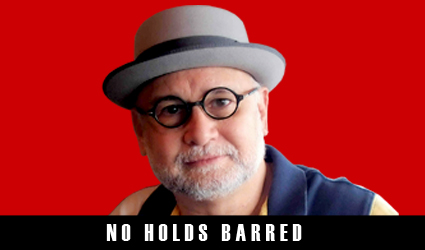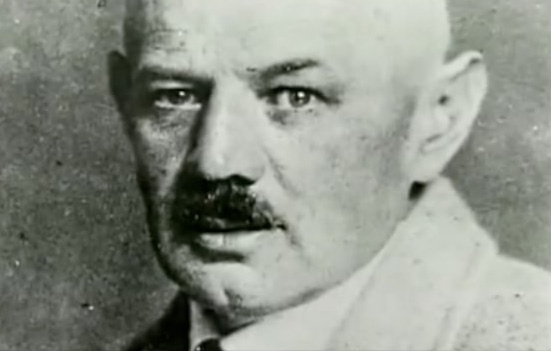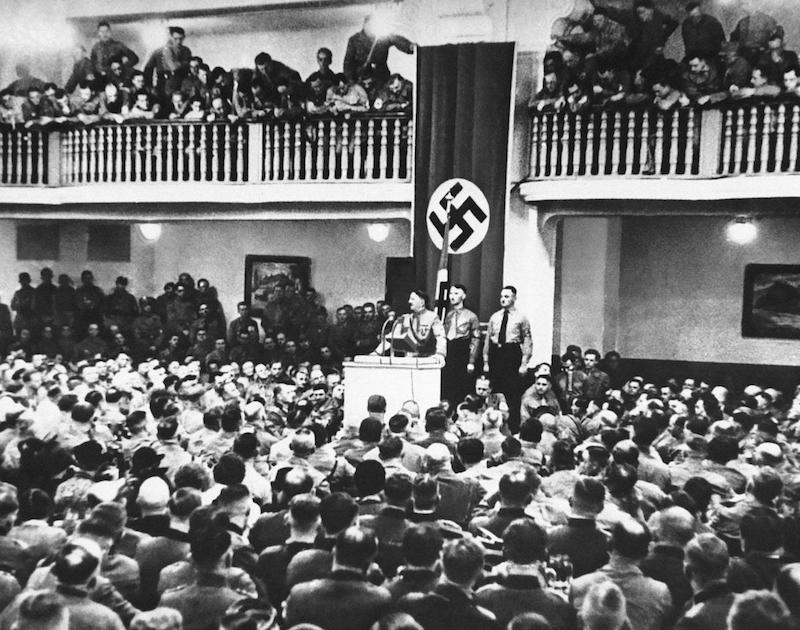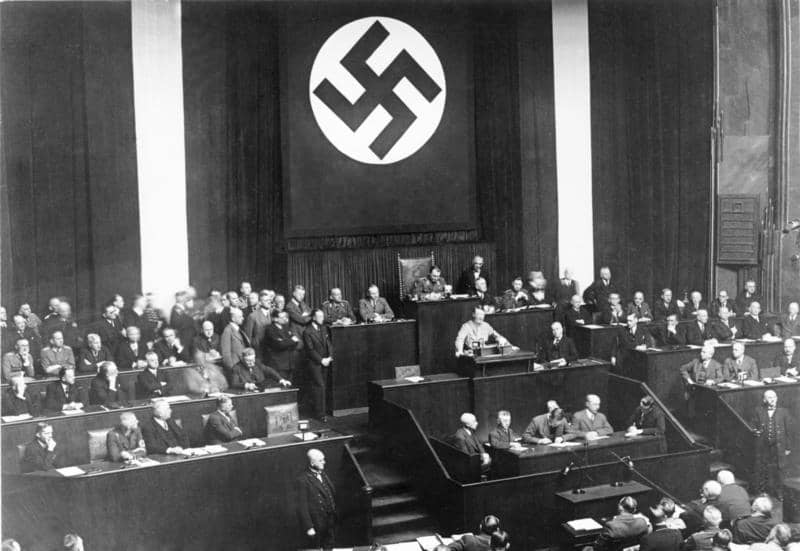Hitler used democracy to subvert democracy

When the ‘Beer Hall Putsch’ of 1923 failed, Hitler said the only way to subvert democracy would be through democracy. Hence, they would need to participate in the elections and gain power through the electoral process and not through an armed insurrection. It would not be until ten years later in 1933 that Hitler and the Nazi party gained political power and then immediately turned Germany from a democracy into a dictatorship.
NO HOLDS BARRED
Raja Petra Kamarudin
Dietrich Eckart was a German journalist, playwright, poet and politician who was one of the founders of the Deutsche Arbeiterpartei (German Workers’ Party or DAP), the frontrunner of the Nazi Party. Eckart first met Adolf Hitler when he gave a speech before the DAP members in 1919 and was quite impressed with Hitler’s oratory skills. Hitler would start his speech slow and soft, feeling out his audience, and then build up the tempo and volume to climax and end in a frenzy.
Eckart was so impressed with Hitler and knew that this was the man, the ‘Messiah’, who was going to one day lead Germany and bring it back to glory after the humiliation and defeat of World War One. Echart, in a way, was Hitler’s mentor and they spent most of their time discussing political ideology and strategy. Hitler was a ‘diamond in the rough’ and Eckart polished it to perfection.

Dietrich Eckart, one of the founders of the DAP, the man who ‘discovered’ Hitler and was his mentor
In 1923, the French and Belgians invaded and occupied the Ruhr, the centre of Germany’s coal production and heavy industries. This was followed by the collapse of Germany’s economy. In 1920, the rate of exchange was US$1 to 60 German Marks. By 1923 it was US$1 to 4.2 trillion German Marks and a loaf of bread cost a few billion German Marks. Banks collapsed and Germans no longer used money as currency and resorted to barter trade.
Hitler saw this chaos as an opportunity to overthrow the now very unpopular Weimar Republic and grab power, which was planned for 8th November 1923 and now known as the ‘Beer Hall Putsch’. However, the ‘Beer Hall Putsch’ had been badly planned and badly executed and it failed. About 2,000 Nazis marched to the centre of Munich to confront the police and 16 Nazis and four police officers were killed.

The Munich ‘Beer Hall Putsch’ that failed and saw Hitler sentenced to five years jail where he wrote Mein Kampf
Two days later, Hitler was arrested and charged for treason. He was found guilty and sentenced to five years jail in the Landsberg Prison where he wrote his famous book, Mein Kampf. Hitler, however, very cleverly turned his trial into a political ‘rally’. Before this he was not well-known outside Bavaria but because of his trial he was now being reported all over Germany. Hitler’s trial actually made him famous and helped boost his image. (READ MEIN KAMPF HERE)
Five years later, in the May 1928 election, the Nazi party won only 12 seats in the Reichstag with only 2.6% of the votes. In March 1929, Erich Ludendorff represented the Nazi Party in the Presidential elections and garnered only 1.1% of the votes. In June 1929, Goebbels was charged with high treason and this helped the Nazi party win 107 seats in September 1930, which made them the second largest party in the Reichstag.

The Nazi party wins only 196 out of 608 seats in the Reichstag and still gets to form the government
In July 1932, the Nazis won 37.3% of the votes and became the largest party in the Reichstag with 230 out of 608 seats. Göring was elected the President of the Reichstag while Hitler asked to be appointed the Chancellor but President Hindenburg offered him the post of Vice-Chancellor instead. Hitler turned down the offer and on 30th January 1933 Hitler was appointed the Chancellor after Chancellor Papen left office even though the Nazi party lost 52 seats and was down to only 196 out of 608 seats in the Reichstag.
After that civil liberties were suspended and non-Nazi parties were banned. The Enabling Act was passed on 24th March 1933 granting Hitler plenary powers or complete and absolute power to take action on a particular issue, with no limitations. This law gave Hitler the freedom to act without parliamentary consent and even without constitutional limitations.

Hitler used democracy to get into power and once in power he subverted democracy
When the ‘Beer Hall Putsch’ of 1923 failed, Hitler said the only way to subvert democracy would be through democracy. Hence, they would need to participate in the elections and gain power through the electoral process and not through an armed insurrection. It would not be until ten years later in 1933 that Hitler and the Nazi party gained political power and then immediately turned Germany from a democracy into a dictatorship.

